| Award Date |
Awardee(s) |
Citation |
|
| 2022 |
Qilin Guo |
For groundbreaking work uncovering the dynamics and mechanisms of metal additive manufacturing processes. |
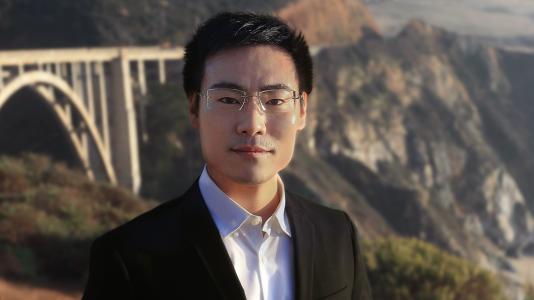 |
| 2020 |
Dave Tsai |
For continuing research into opto-electronic applications of perovskites representing some of the most creative and versatile use of 8-ID-E and pushing the boundaries of grazing-incidence wide angle x-ray scattering (GIWAXS) with simultaneous auxiliary probes and GIWAXS coupled with characterization at other beamlines. |
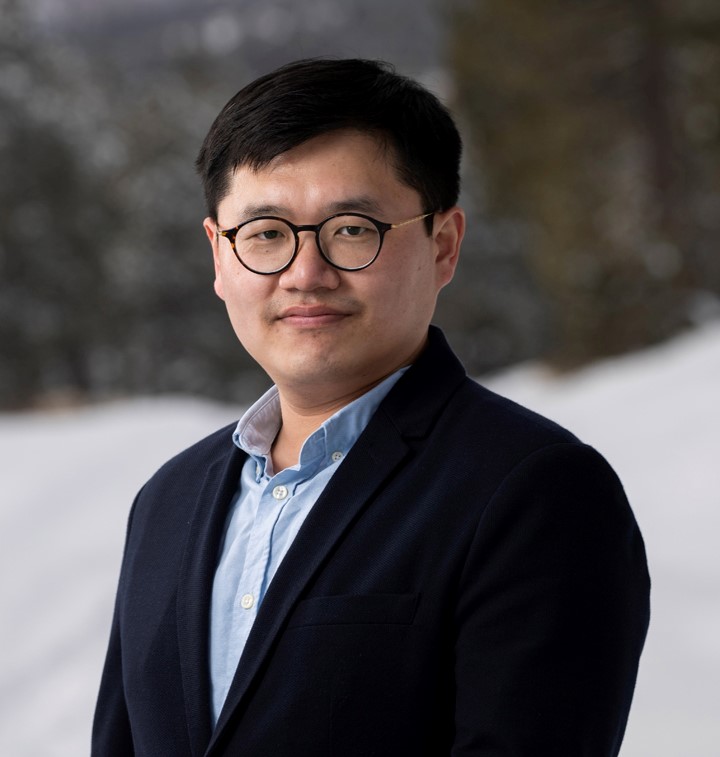 |
| 2018 |
Joshua Riback |
For work using small-angle x-ray scattering techniques (SAXS) at the APS focused on the link between the biophysical properties of macromolecules and the principles of biological phenomena. |
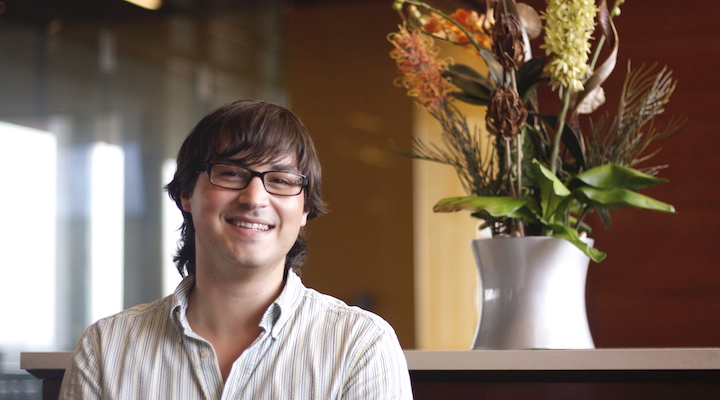 |
| 2016 |
|
For his work using high-resolution synchrotron-based tomography techniques to develop a fundamental understanding of the mechanical and multifunctional design of biological materials.
|
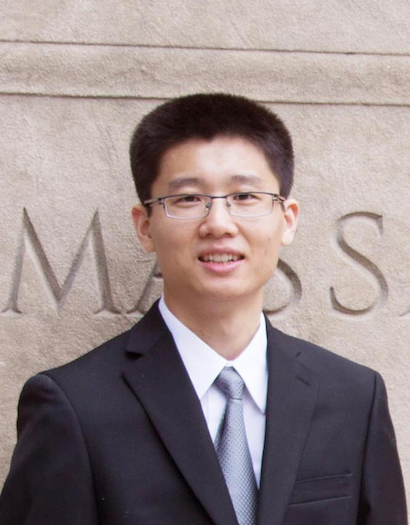
|
| 2014 |
|
For outstanding contributions in developing phase-retrieval methods and applying phase-contrast in vivo microtomography to probe embryonic development.
|
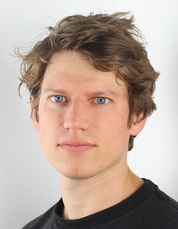
|
| 2012 |
|
For outstanding structural and functional studies of the influenza virus envelope glycoprotein hemagglutinin (HA) to understand how our immune system can broadly neutralize the virus through interaction with the HA and prevent viral fusion.
|
|
| 2010 |
Rafael Jaramillo |
For furthering understanding of itinerant magnetism and for contributions to the study of quantum matter at high pressure using synchrotron x-ray diffraction.
|
|
| 2008 |
Oleg G. Shpyrko |
For applying challenging surface and coherent x-ray scattering techniques to understanding the structure and dynamics of liquid metal surfaces and quantum states in condensed matter systems.
|
|
| 2006 |
Wendy L. Mao |
For applying novel x-ray techniques that permit the study of light-element speciation at high pressure and for innovative experimental approaches to studying mineral physics at conditions of the Earth’s deep interior. |
|
| 2004 |
Alexis S. Templeton |
For combining synchrotron and other techniques in new ways to study the influence of microorganisms in two domains: the speciation of metals in geochemical systems and the weathering
of basaltic glasses in deep ocean environments. |
|